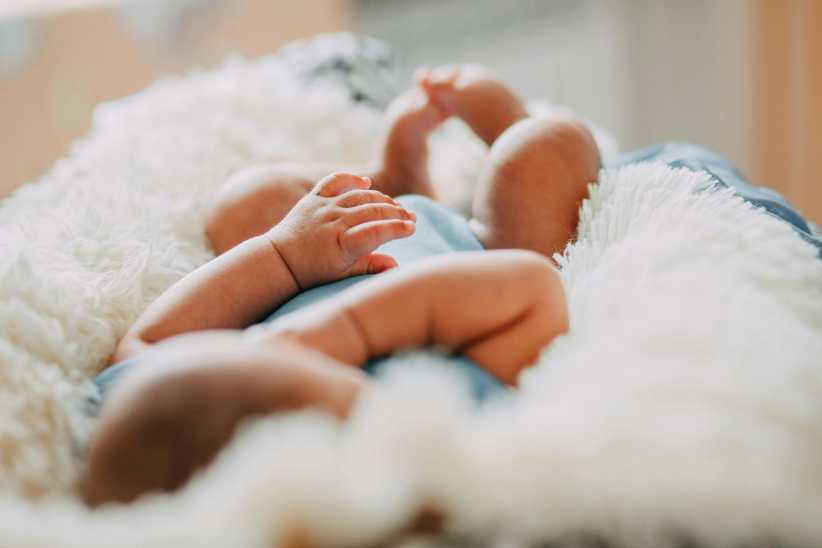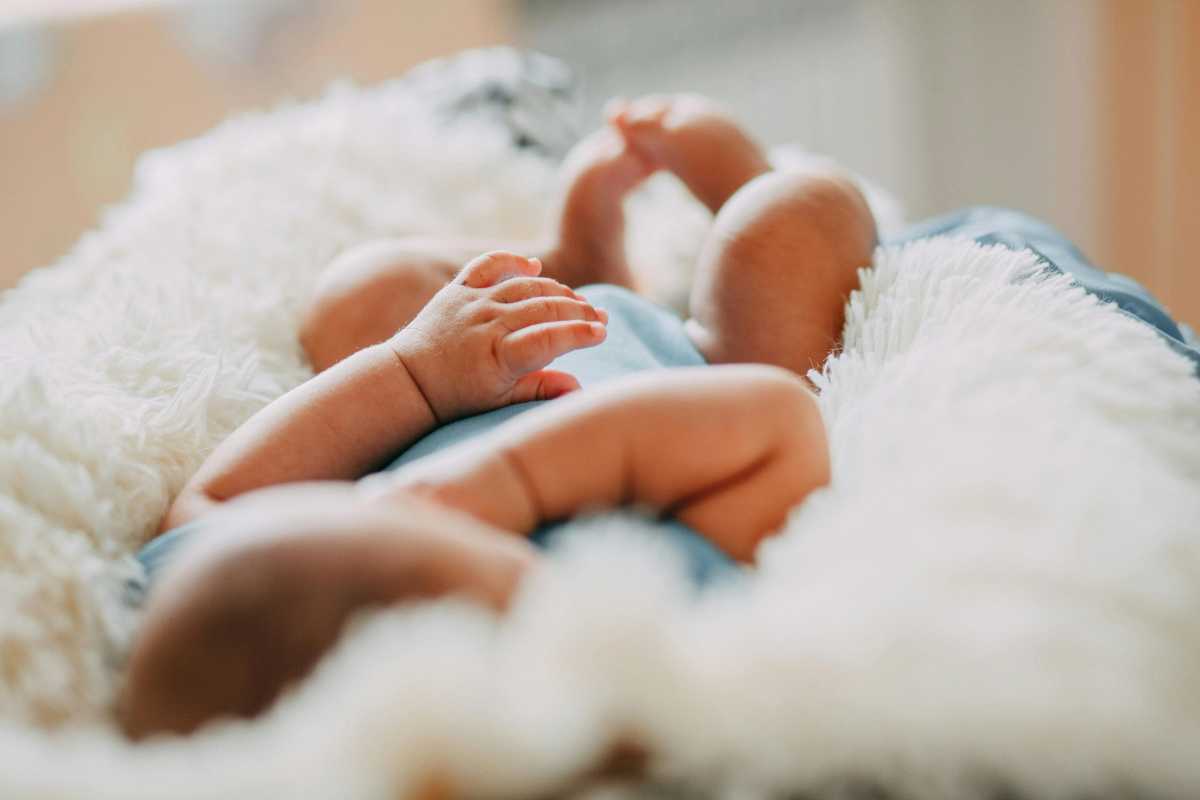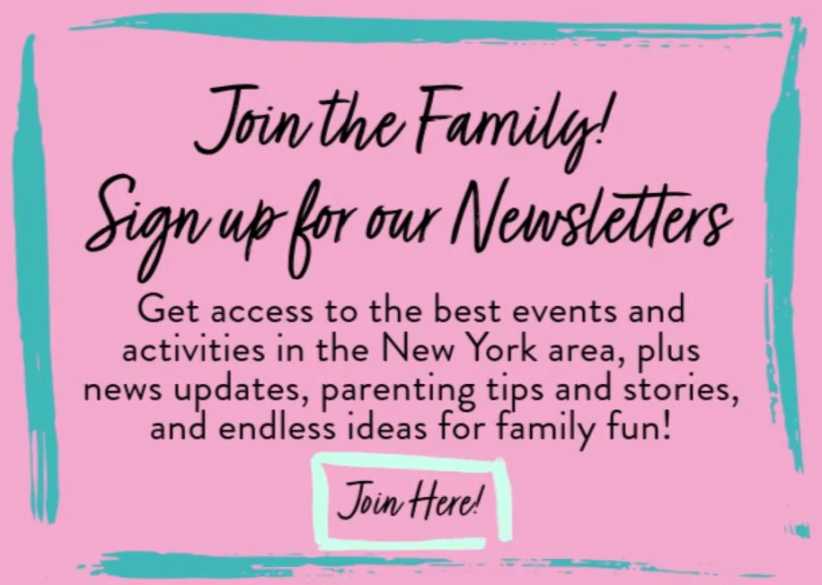 Pexels
Pexels
NYC Introduces Baby Boxes Across Four City Hospitals
The new initiative provides new parents with baby boxes to help support postpartum concerns.
Giving birth is a magical experience. You are surrounded by your friends and family as you celebrate bringing a new life into the world, but in a tough economy, many worry about providing for the newest member of their family. Raising a child in NYC can cost over $30,000 per year (or approximately $2,500+ per month), with childcare, housing, and rising food costs contributing significantly to the struggle.
However, a new initiative from the city aims to alleviate the concerns and financial burdens associated with welcoming a new baby.
Psst…Check Out Flushing Meadows-Corona Park Gets a Smart Climate Makeover
Newborn Support System
Announced back in March, the Baby Boxes initiative aims to welcome the newest New Yorkers and support New York City families by reducing early financial stress for new parents. Families of newborns at four NYC Health + Hospitals locations will be provided with boxes containing a collection of postpartum and newborn supplies, including diapers and wipes, clothing, games, and several resource guides on what to expect after giving birth.
In addition to baby boxes, New York City Mayor Eric Adams also announced the Creating Real Impact at Birth (CRIB) program, an initiative that will connect and prioritize pregnant New Yorkers applying for shelter with housing vouchers to put them on a path toward permanent housing and stability.
“Put simply: No child should ever be born in a shelter,” said New York City Mayor Adams in a statement. “We must do everything we can to stop the cycle of poverty and housing instability before it ever begins by ensuring mothers and babies do not go to a shelter after leaving the hospital and that they have the resources they need to thrive.”
“We are proud to be launching this program, and also delivering ‘NYC Baby Boxes’ to approximately 7,000 families across our public hospital system,” he continued. “These interventions will help our most vulnerable New Yorkers find the affordable housing they need to live stable, thriving lives and further our mission of making our city the best place to raise a family.”
The program will be implemented at four NYC Health + Hospitals locations, including:
Jacobi & Lincoln in the Bronx
Kings County in Brooklyn
Elmhurst in Queens
“We’re excited to add Baby Boxes as one of the many ways we can support our patients and relieve their stress,” says Wendy Wilcox, MD, MPH, MBA, FACOG, Chief Women’s Health Officer at New York City Health + Hospitals. “The program will serve the more than 7,000 babies delivered each year at these four hospitals.”
The boxes contain a collection of postpartum and newborn supplies, including diapers and wipes, a “NYC Loves Me” onesie and cap, footie pajamas, a baby carrier, a baby thermometer, baby nail clippers, a nasal aspirator, burp cloths, baby shampoo, diaper rash cream, a Goodnight Moon board book, postpartum pads, nipple cream, and a New York City baby-themed diaper bag.
Stronger Support Systems
According to data from 2022, approximately 238 New Yorkers give birth each day, based on live birth data of 86,747. However, newer mothers across the city have struggled with postpartum care, making baby boxes an even more important feature. Wilcox hopes the program answers the call for stronger support systems across the Big Apple.
“At New York City Health + Hospitals’ 11 hospitals, over 16,000 babies are born every year, and 95% of those mothers depend on Medicaid,” she states. “The Baby Box also has the new Health + Hospitals Mother and Baby Health Guide to help families know what symptoms to expect in the days and weeks after giving birth, and when they should seek care from a doctor. This information is critical since childbirth can put additional strain on the mother’s body, including her heart health and mental health.”
Households with children have a greater risk of struggling to meet their basic needs, and existing benefits available for families — like the Supplemental Nutrition Assistance Program and the Special Supplemental Nutrition Program for Women, Infants, and Children — do not cover all of the new baby expenses, such as diapers. In a national survey, nearly half of families reported struggling to afford diapers, and more than a quarter said they skipped meals in order to pay for diapers.
For Wilcox and local city hospitals, the impact will always be greater than the reward.
“Families that bring home a new baby need our support. It is an expensive time for many families, and we’re in the midst of an affordability crisis in New York City. The Baby Boxes will make a real impact for a lot of families.”


